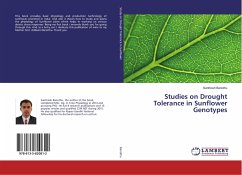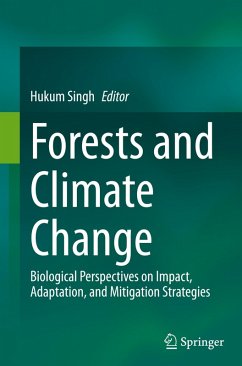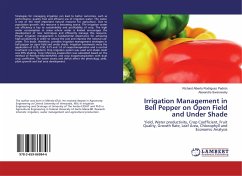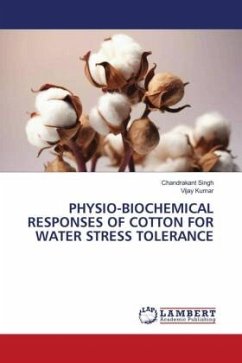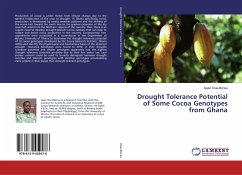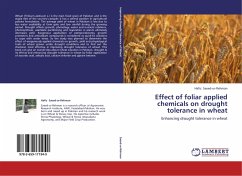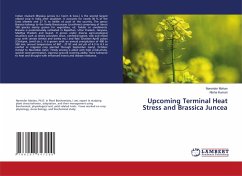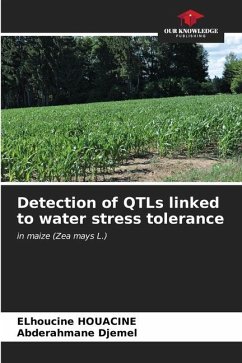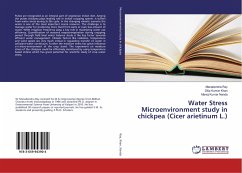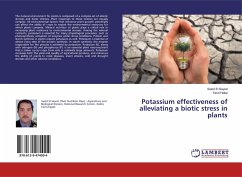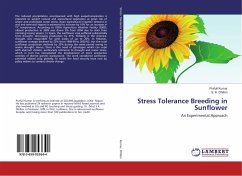
Stress Tolerance Breeding in Sunflower
An Experimental Approach
Versandkostenfrei!
Versandfertig in 6-10 Tagen
33,99 €
inkl. MwSt.

PAYBACK Punkte
17 °P sammeln!
The reduced precipitation accompanied with high evapotranspiration is expected to subject natural and agricultural vegetation at great risk of severe and prolonged water stress. Asian agricultural irrigation demand in arid and semi-arid regions is estimated to increase by 10% for an increase in 1°C temperature. According to USDA Agriculture Weather Facility (2005), oilseed production in 2005 was down 2% from 2004 due to drier than normal growing season. In Spain, the sunflower crop suffered substantially from drought, decreasing production by 41%. Similarly in the America, drought was respons...
The reduced precipitation accompanied with high evapotranspiration is expected to subject natural and agricultural vegetation at great risk of severe and prolonged water stress. Asian agricultural irrigation demand in arid and semi-arid regions is estimated to increase by 10% for an increase in 1°C temperature. According to USDA Agriculture Weather Facility (2005), oilseed production in 2005 was down 2% from 2004 due to drier than normal growing season. In Spain, the sunflower crop suffered substantially from drought, decreasing production by 41%. Similarly in the America, drought was responsible for yield losses of up to 20%. In Pakistan, sunflower acreage declined by 25% from 1998-99 to 2002-03, but the total sunflower production declined by 33% during the same period owing to severe drought. Hence, there is dire need of genotypes which can cope with aberrant climate, particularly reference to drought and water stress, which in turn has necessitated the development of more productive varieties of diverse genetic background. The work considered sunflower, potential oilseed crop globally, to tackle the food security issue rose by policy makers to combat climate change.



